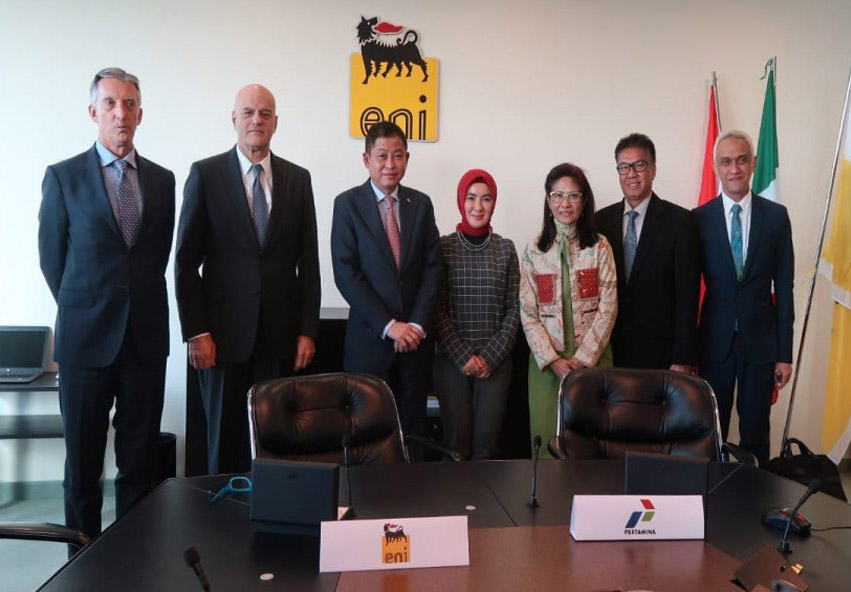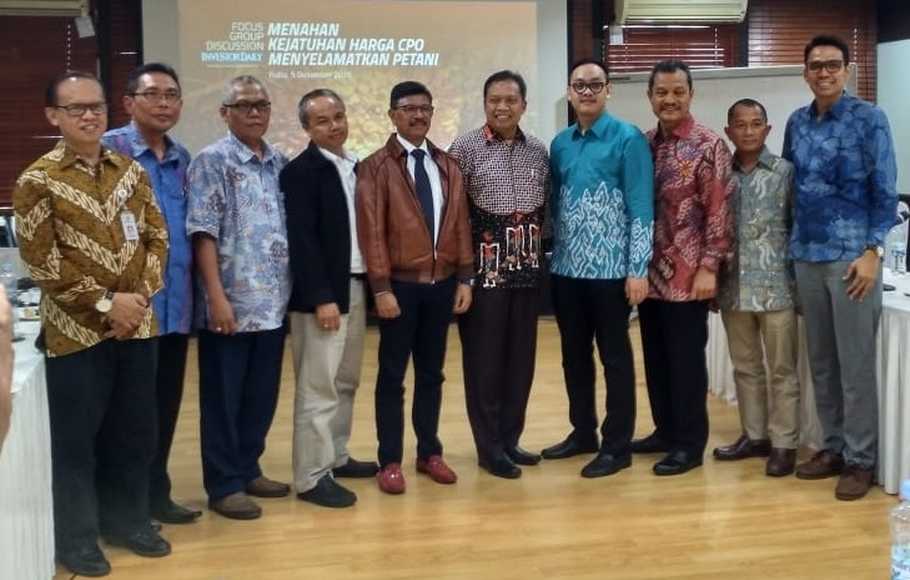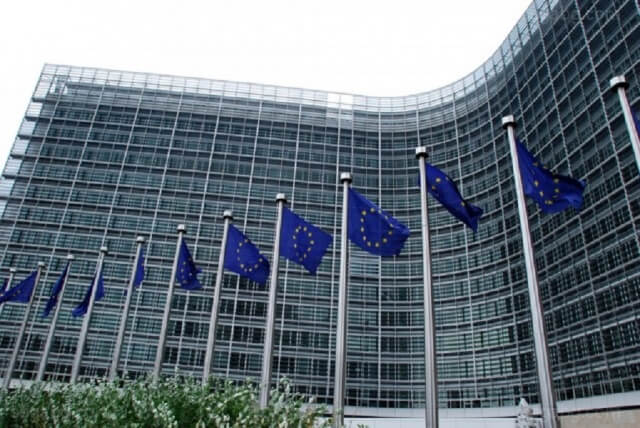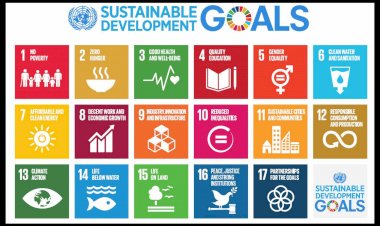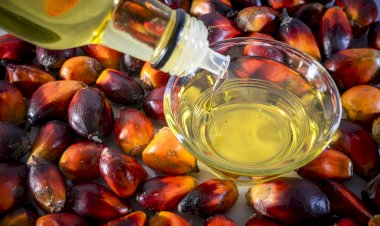EU Will Have Temporary Decision on Palm Oil
EUROPEAN Union will reach a temporary decision concerning ban on palm oil-based biofuel on June 27, 2018.
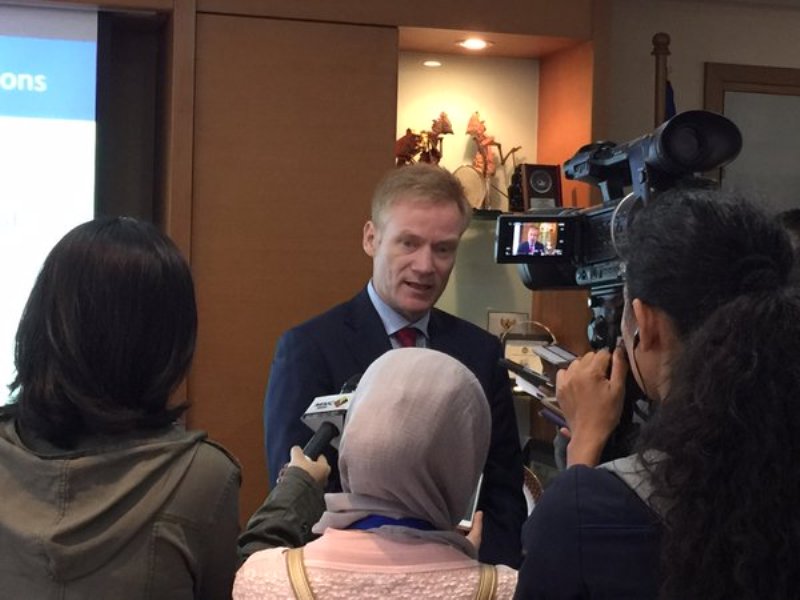
EUROPEAN Union will reach a temporary decision concerning ban on palm oil-based biofuel on June 27, 2018. European Union Ambassador to Indonesia Vincent Guerend said that when he visited Transportation Minister Budi Karya Sumadi, Friday (5/6/2018).
`We are trying to reach consensus politics and hear experts opinion. A temporary decision will be made on 27 June,” said Guerend as quoted by Tempo.co.
Previously, the European Union planned to ban the use of palm oil in biofuel from 2021 to prevent deforestation and meet Europe`s more ambitious climate goals. Indonesia has warned that the move may lead to a trade conflict as it looks like a trade discrimination.
On the contrary, European Union denies that because the policy is not directed at any specific biofuel or feedstock. EU Member States will continue to be free to import and use biofuels and their feedstocks as they do under the current system. “This is not only for palm oil,” said Guerend.
He appreciates Indonesia’s policy to introduce the mandatory certification scheme called Indonesian Sustainable Palm Oil (ISPO). “I just want to say that I agree with Indonesian government to implement sustainable palm oil plantation.”
On the other hand, to fight against European Union policy, Indonesia has sent a delegation to lobby the European Union, led by Coordinating Minister of Maritime Luhut B. Pandjaitan. As the result, Indonesia has succeeded in drumming up support from Vatican, marked with a seminar held by Pontifical Urban University in Roma last May.
According to Luhut the seminar has a big influence to European Union. “After the seminar in Vatican, European Union seemed to phase out the use of palm oil fuels from 2030.”
Luhut confirmed that there will be a temporary decision from the European Union on June 27, 2018. The decision will be made by the European Commission, the European Parliament and the Council of the EU. Luhut also expressed his confidence that the European Union will not make a discriminative decision. `If they do so, it would violate the WTO rules,` Luhut said. ***



